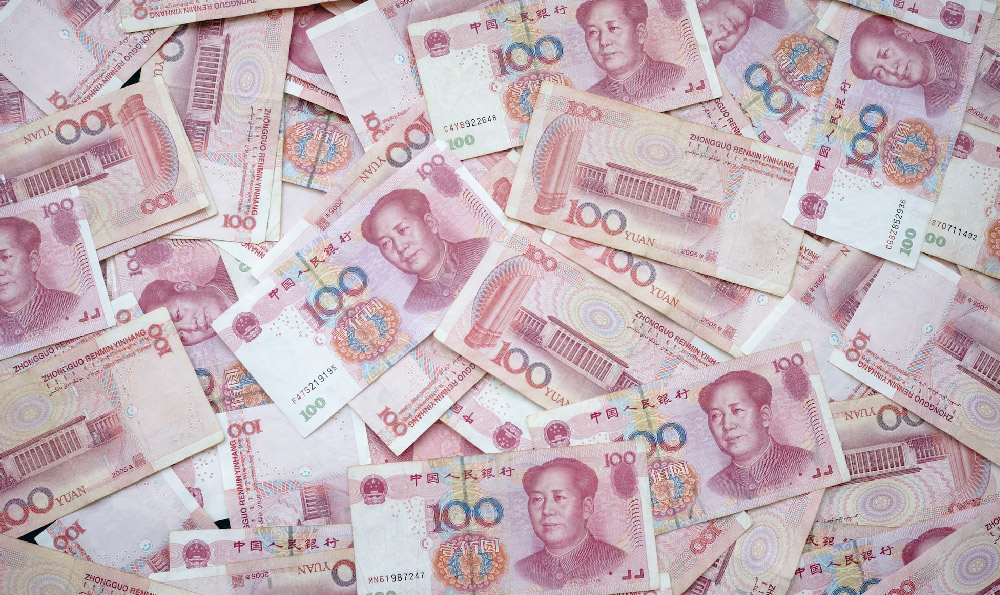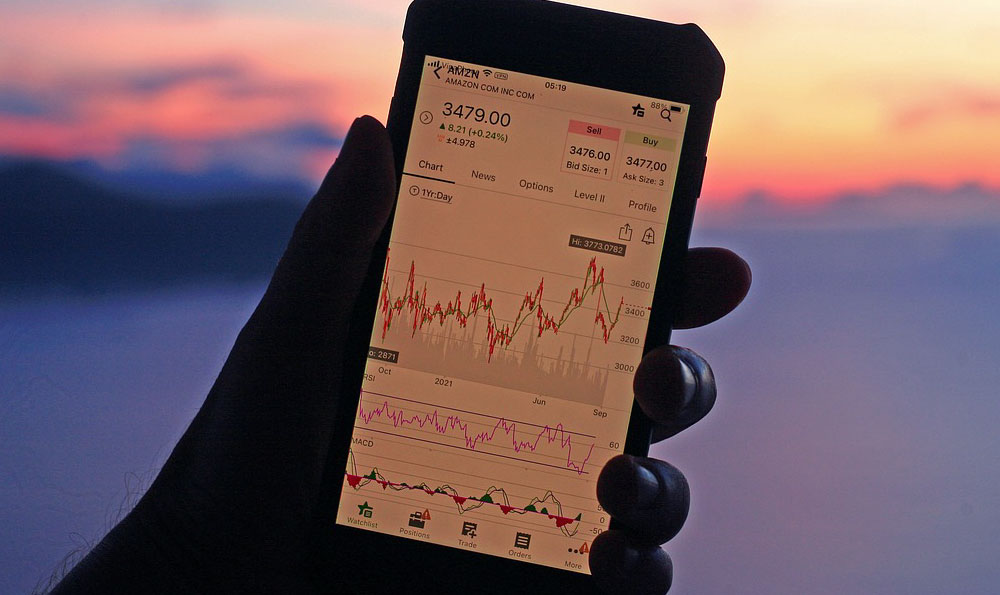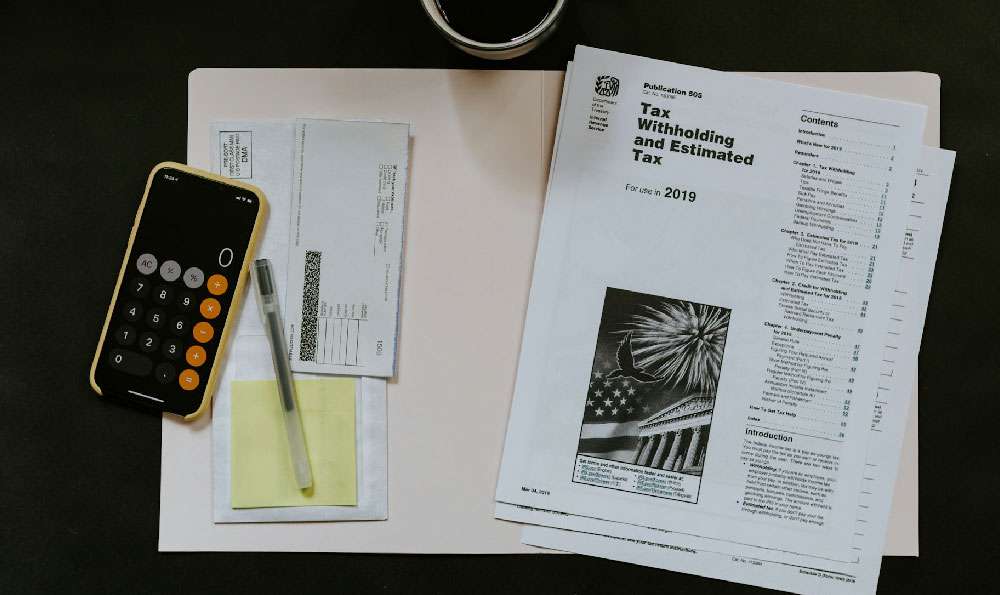How Much Will Tyson vs. Paul Earn? What's Their Payday?
The upcoming boxing match between Mike Tyson and Jake Paul has ignited a firestorm of speculation, not just about the fight itself, but also about the colossal sums of money involved. Predicting the exact earnings for each fighter is a complex endeavor, reliant on several interconnected factors. While definitive figures won't be available until after the event, we can dissect the likely revenue streams and potential payouts to paint a realistic picture of what Tyson and Paul stand to gain.
The primary driver of revenue will undoubtedly be pay-per-view (PPV) sales. This event is designed to be a massive PPV draw, leveraging Tyson's legendary status and Paul's established online following and boxing notoriety. PPV buys are influenced by several variables: marketing spend, the perceived competitiveness of the fight, the undercard attractions, and the overall hype surrounding the event. Considering the sheer spectacle of seeing Tyson back in the ring against a much younger opponent, combined with Paul's proven ability to generate attention, a conservative estimate would place PPV buys somewhere between 1.5 million and 3 million. Prices will likely range from $59.99 to $79.99, potentially generating anywhere from $90 million to over $240 million in PPV revenue alone.
How this revenue is split is where the real negotiations come into play. Generally, in high-profile boxing matches, the revenue split is negotiated beforehand, with the more established or "A-side" fighter typically receiving a larger percentage. In this case, it’s complicated. While Tyson is the boxing legend, Paul brings a significant audience and marketing power to the table. While Tyson may receive a guaranteed base fee, Paul's influence on PPV sales may mean a more even split than traditionally expected. It is possible Tyson receives a larger flat fee upfront, guaranteeing him a substantial payout, while Paul negotiates a higher percentage of the back-end PPV revenue, incentivizing him to maximize sales. It's reasonable to estimate a potential split of anywhere from 60/40 to 50/50 in favor of Tyson, depending on the specifics of their agreement.

Beyond PPV, sponsorship deals will contribute significantly to the overall revenue pool. The event itself will attract numerous sponsors eager to associate with such a high-profile spectacle. Think energy drinks, sports apparel, online betting platforms, and even cryptocurrency exchanges. These sponsorships can generate millions of dollars, and a portion of that revenue will likely be allocated to the fighters. The size and allocation of these sponsorship deals are often confidential, but they certainly play a role in boosting the overall earnings.
Ticket sales, while secondary to PPV revenue, will still be a substantial contributor. The venue chosen for the fight will play a critical role in determining the potential gate revenue. A large stadium can accommodate tens of thousands of spectators, generating millions of dollars in ticket sales. Ticket prices will range from relatively affordable seats to premium ringside positions, with the latter commanding exorbitant prices. A packed stadium would undoubtedly add significantly to the revenue pool.
Merchandise sales also cannot be discounted. Official fight merchandise, including t-shirts, posters, and other memorabilia, will be sold online and at the venue. These sales, while contributing a smaller percentage compared to PPV and sponsorships, still generate a considerable amount of revenue. A percentage of these sales will undoubtedly flow to the fighters or their representatives.
Considering all these factors, a conservative estimate for Tyson's payday would be in the range of $20 million to $40 million. This could be significantly higher depending on the actual PPV sales and the specific details of his contract. Given Paul's knack for negotiation and his proven ability to generate attention, he's likely to earn a similar amount, potentially ranging from $20 million to $30 million, with the upper end depending heavily on PPV performance. It's conceivable that if PPV numbers exceed expectations, both fighters could earn upwards of $50 million or more.
However, it's crucial to remember that these figures are estimates. The actual earnings will depend on several unpredictable variables, including the final PPV numbers, sponsorship revenue, and the precise terms of the fighters' contracts. Furthermore, expenses such as training costs, management fees, and taxes will need to be deducted from these gross earnings. The net earnings, therefore, could be significantly lower.
Ultimately, the Tyson vs. Paul fight is a business venture, and both fighters are savvy enough to negotiate deals that maximize their financial gain. While the exact figures remain shrouded in secrecy until after the event, it's safe to say that both Tyson and Paul are poised to earn a substantial payday, cementing their positions as not just athletes, but also shrewd entrepreneurs in the ever-evolving landscape of combat sports. The spectacle itself is a marketing masterpiece, and the financial rewards will reflect the hype it generates.















